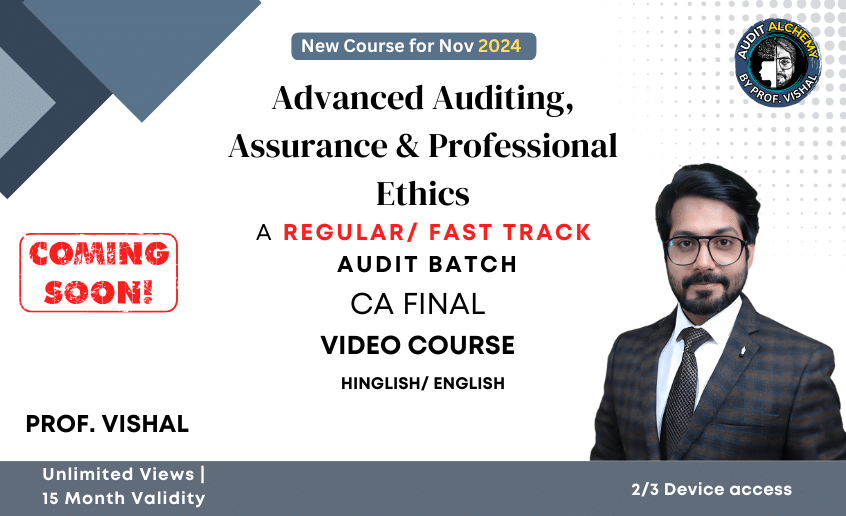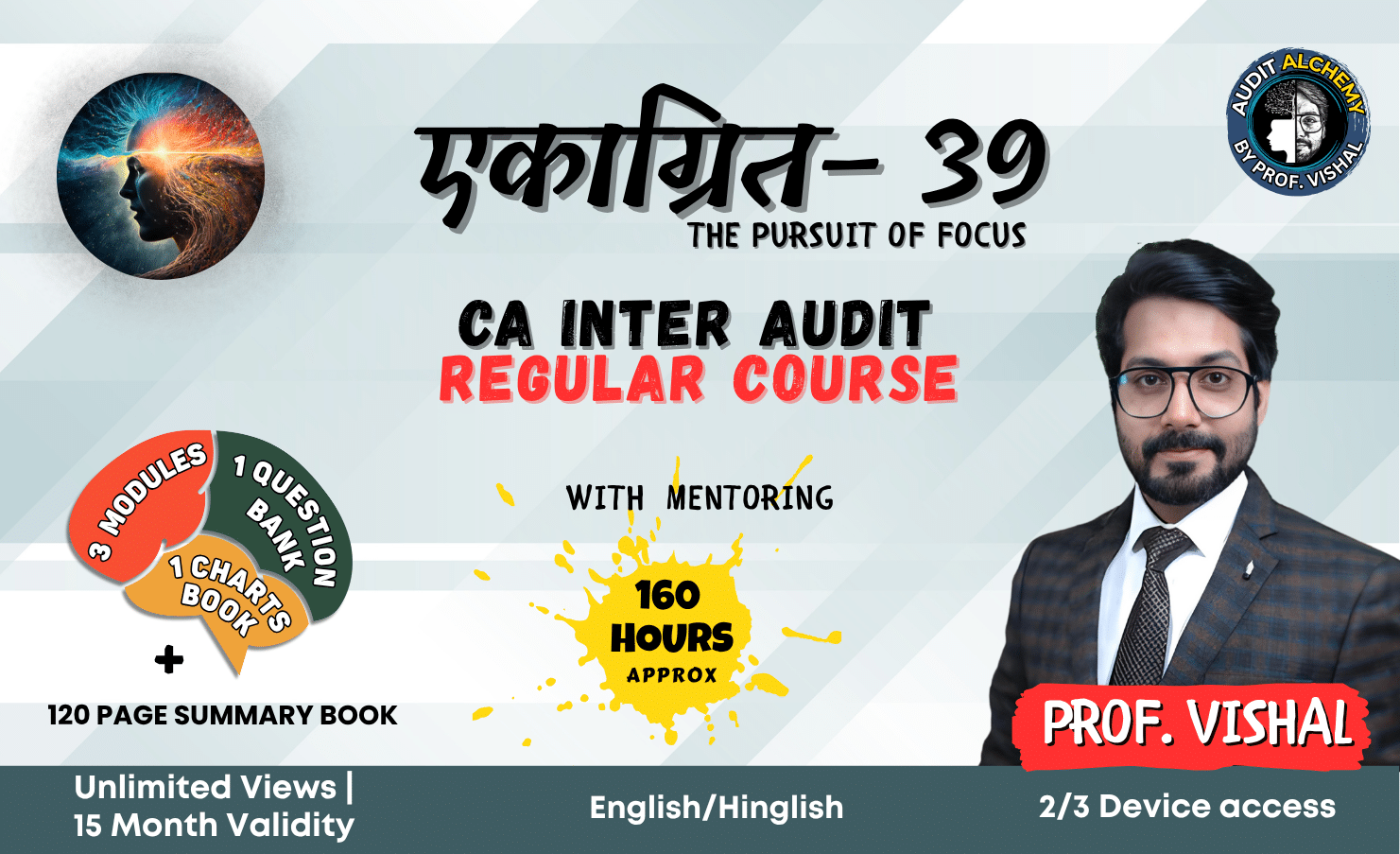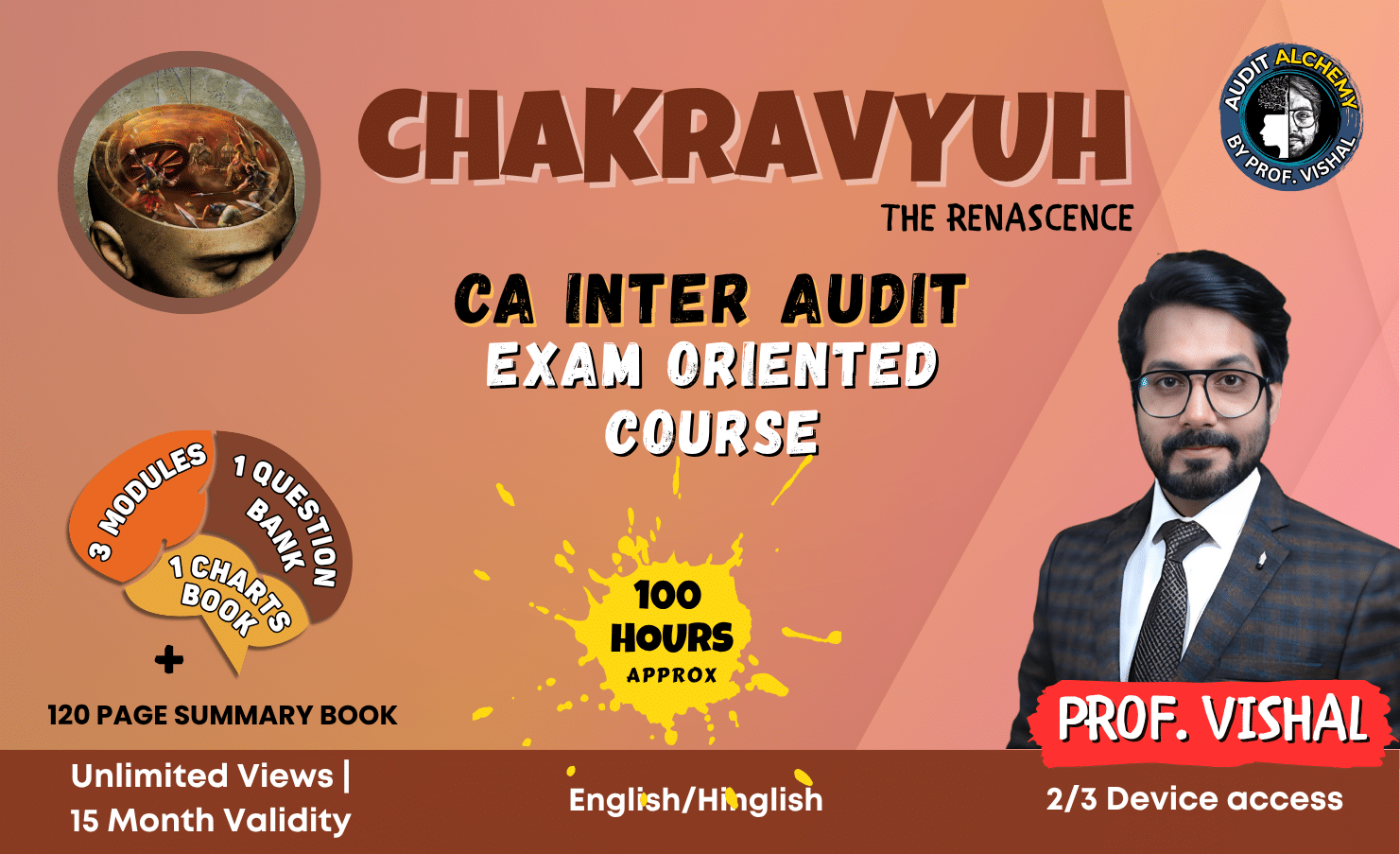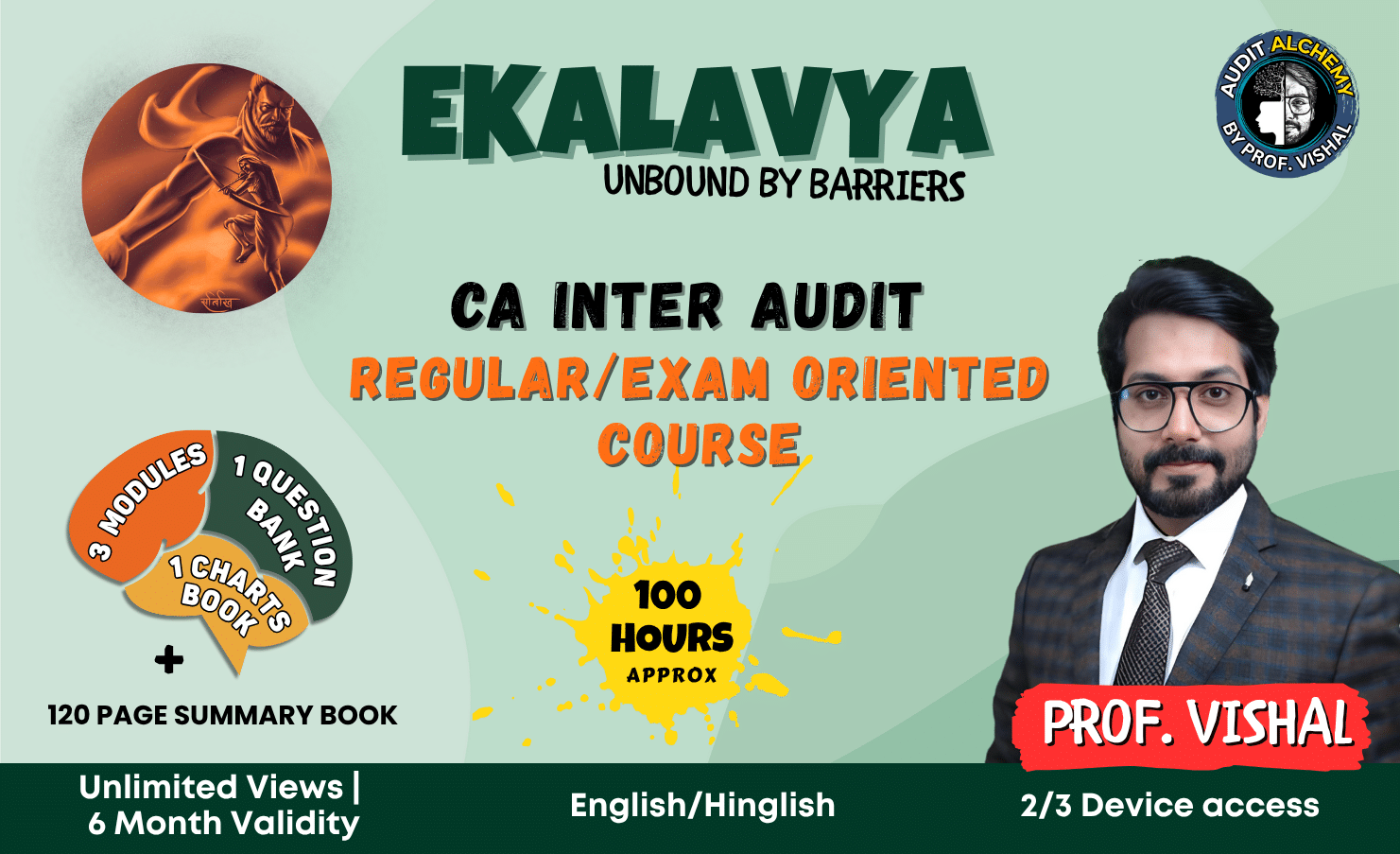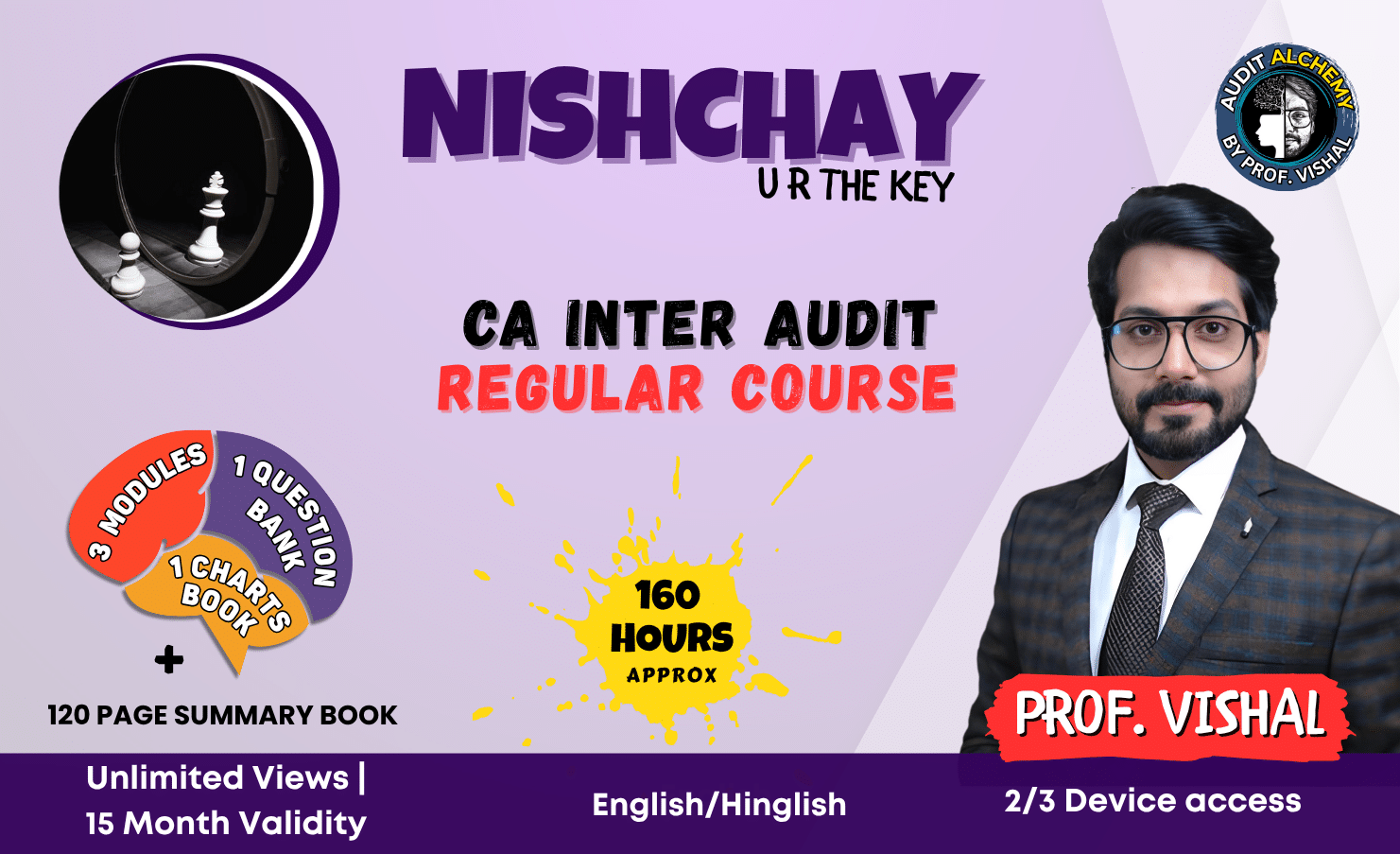Emphasizing understanding over memorization, focus on key areas like company audit and standard practices. Utilize mock exams and past papers for exam readiness. Whether in class or self-study, these tips pave the way to mastering auditing complexities and achieving high scores.
Understanding the principles of Auditing is crucial, and taking classes can greatly benefit you. Self-study is also important after those classes. Here are some tips to keep in mind:
1. Review class materials daily: Consistently go over what was covered in class to reinforce your understanding. Rather than simply memorizing information, focus on understanding the underlying concepts.
2. Highlight key terms and concepts: During your initial reading of the material, mark important terms and concepts. This will help you identify and revisit them later for deeper understanding.
3. Revisit material within 15 days: After your initial reading, go back to the material within a fortnight. Use this time to delve deeper into the concepts behind the highlighted keywords and phrases, solidifying your understanding.
4. Consistent revision: Make revision a regular part of your study routine, ideally revisiting the material at least twice before exams. Follow the sequence laid out in the ICAI module to ensure comprehensive coverage.
5. Break the syllabus into manageable sections: Divide the syllabus into smaller, more manageable chunks. Start with fundamental chapters before moving on to more complex topics. This approach can make studying more manageable and effective.
6. Pay special attention to Company Audit: This section is often more straightforward and carries scoring opportunities. Ensure you understand the concepts thoroughly and aim to excel in this area.
7. Thoroughly understand final sections: Sections covering items of financial statements, audit of banks, and various entities are typically complex and repetitive. Invest time in understanding these topics deeply.
8. Familiarize yourself with S.A.s: Standard on Auditing (S.A.s) is crucial for scoring well. Understand these standards thoroughly and maintain technical language in your answers.
9. Utilize RTPs, MTPs, and past question papers: Use these resources to understand the exam’s pattern and expectations. Practice with questions from previous exams to prepare effectively.
10. Practice with mock exams: Simulate real exam conditions by practicing with mock exams. This will help you evaluate your preparedness and identify areas for improvement.
11. Review answer sheets of rank holders: Analyse answer sheets of top performers to understand how to present your answers effectively. Highlight keywords and technical terms to emphasize your understanding.
12. Aim to score high in the objective section: Focus on thorough understanding and clear concepts to excel in the objective section of the exam. This section can contribute significantly to your overall score.
By following these steps and strategies, you can effectively prepare for your CA Intermediate Audit exam.
Check out the below courses to boost your preparation for your CA Intermediate Audit exam.




